
Embrace the Privilege of Pressure
‘She’s not afraid to be great’ Legends Tour player, Cindy Miller looks at the positives of pressure golf as exemplified by Jennifer Kupcho in the Augusta National Women’s Amateur Championship.
Presented by Dr. Alison Curdt, the golf psychology section of WomensGolf.com has lessons and advice on the mental side of golf from LPGA and PGA Professionals, and sport psychologists.

‘She’s not afraid to be great’ Legends Tour player, Cindy Miller looks at the positives of pressure golf as exemplified by Jennifer Kupcho in the Augusta National Women’s Amateur Championship.
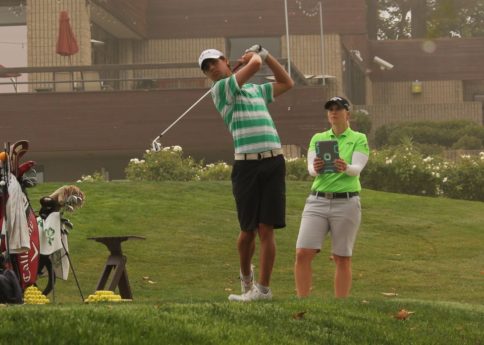
Our Golf Psychology section leader, Dr. Alison Curdt advises her student to see the inevitable variables of golf as exciting opportunities to excel.
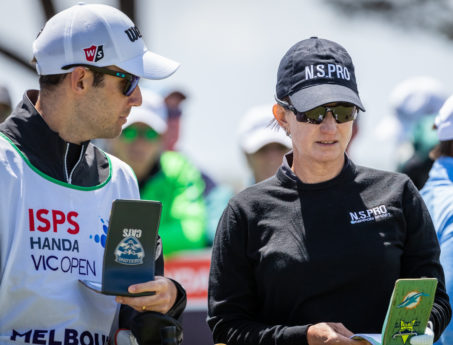
Jenny Sevil shares the five mental steps that took her from a struggling golfer and part-time waiter to becoming a multiple winner on international professional tours.
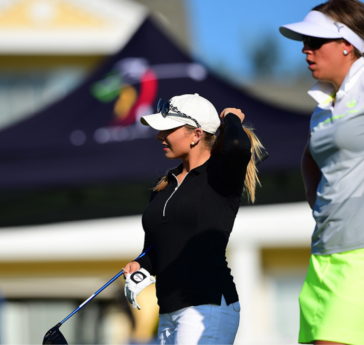
Director of Instruction at West Bay Club, Katie Dahl has some great tips to help you play great despite the nerves you feel on the first tee.

College Golf recruitment expert, Brandi Jackson looks back at her own LPGA goals and sets out a great goal setting framework for aspiring junior and college golfers.

Former LPGA Player, Brandi Jackson shows why setting the right goals is important to becoming the best junior and collegiate golfer you can be.
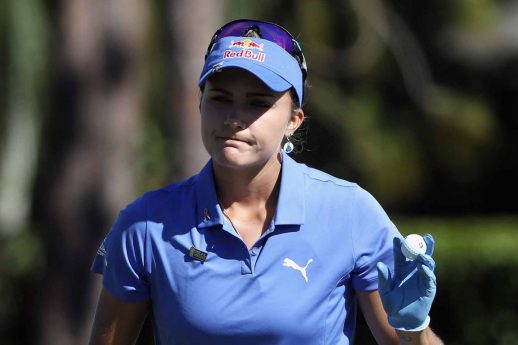
Legends Tour player, Cindy Miller describes the steps you can take in golf and in life to honor your potential, passion, and purpose.
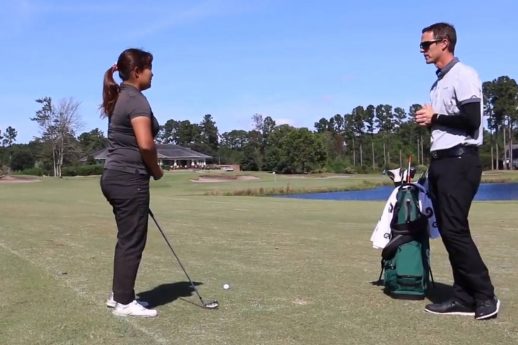
In this course management lesson with her coach Daniel Jackson, Sae Saito demonstrates the benefits of using yardages and choosing safe shot options.
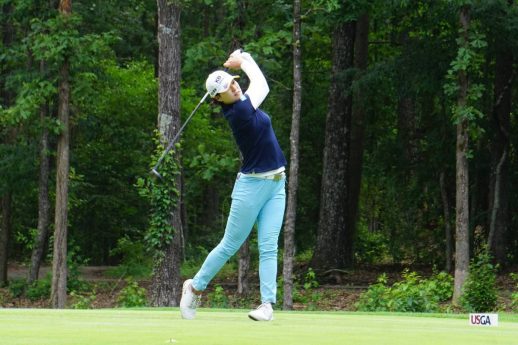
Jerry Brown, author of ‘Awaken Your Inner Golfer: Finding Your Flow’, describes how you can discover the personal rhythm in your golf swing.
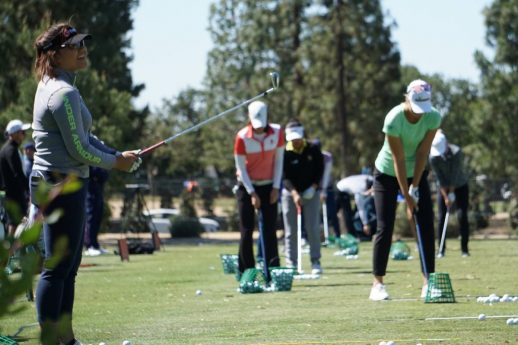
Dr. Nick Molinaro answers a question from Anna who needs advice on taking her game from the practice tee to the course – ‘I always seem to underperform compared to my practice sessions’
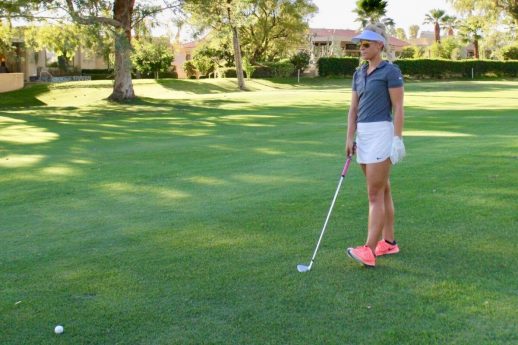
Anna DePalma from GracefulGolfer.com sets out the mental game lessons she has incorporated into her golf game and everyday life.

Learn how to manage yourself on the course from Pia Nilsson and Lynn Marriott, golf coaches to Moriya and Ariya Jutanugarn.
WOMEN’S GOLF
YOUR GAME, YOUR WAY © 2025